Perhaps the least necessary piece of advice ever given to a Hanif Kureishi protagonist comes in 2014’s The Last Word. ‘Harry,’ a wise old writer tells the main character, ‘always put your penis first.’
It’s a suggestion, needless to say, that Harry has no trouble accepting — not least because, like so many Kureishi protagonists, he shares the belief that ‘the body of the young woman is the world’s most significant object’. (Or as the narrator of 1998’s Intimacy puts it, ‘women’s bodies… are at the centre of everything worth living for’.)
Admittedly, Kureishi’s men do occasionally agonise between betraying their partners and betraying themselves — i.e. by failing to sleep with someone they fancy. But not, on the whole, for long. (After all, as the narrator of Intimacy also puts it, ‘There are some fucks for which a person would have their partner and children drown in a freezing sea.’)
By now, in fact, there’s a strong case to be made for Kureishi as the last of the great penis-prioritisers. Although a generation younger than the likes of Roth, Updike and Kundera, he’s no less committed to their ideal of endless sexual fulfilment as the key to a male life well lived.
All of which makes the premise of his new book rather intriguing. The narrator Waldo is a distinguished film director, who once lived in ‘a commune in California with the motorbike and live-in lesbians, sharing the love. Those magical fucks…’ Then after ‘numerous wives, lovers, matches and mismatches’ he met Zee, a Pakistani woman 22 years his junior. ‘With her,’ he tells us proudly, ‘it was the first time I wanted to be married to the person I was married to… She liked me to sit on her face, even until she couldn’t breathe.’ Sadly, though, these days Waldo is ‘right out of semen’. In his eighties and confined to a wheelchair, he’s had to adjust to life without sex — which for a Kureishi man must be like a world-class footballer having to adjust to life without football.
On the face of it, this should be the chance for some good tragicomic fun with the idea both of a celibate Kureishi protagonist and of one who suddenly finds the boot on the other foot — because Zee has now struck out for some sexual fulfilment of her own with a man called Eddie: a film critic and champion of Waldo’s work, who under the pretext of helping her with her nursing duties, spends most nights at their flat.
And yet, while Waldo’s raging impotence does have its moments, the Eddie–Zee sections prove disappointingly incoherent. Kureishi never seems to decide whether Eddie’s primary role in the novel is as a cuckolder or as the kind of conman who famously relieved the author himself of his savings a few years ago. Instead, The Nothing lurches uneasily between the two, very different plots, leaving both underdeveloped — and the reader with the distinct impression that Kureishi’s revenge fantasy about his real-life thief has been crowbarred into a book that wasn’t properly prepared for it.
Not surprisingly in the circumstances, Zee’s behaviour is pretty baffling too. At times, her love for Waldo seems as strong as ever; at others, she tries to murder him. Of course, it’s possible for such conflicting feelings to co-exist — but here Kureishi makes little attempt to explain how.
The same also applies to the minor characters, particularly Anita, a beautiful actress of whom Waldo gallantly remarks that she’s ‘not a woman a man can look at for long without wanting to put his penis in her mouth’. An old friend and colleague, Anita often appears to be on Waldo’s side — except when she doesn’t. The result, again, is that we have no real notion of what she’s up to and what her motives are.
This feeling of The Nothing as a half-formed thing isn’t helped either by the patchy nature of the dialogue. Some of it is as sharp as you’d expect from an author who began as a playwright and first made his mark as a screenwriter. Some, however, is weirdly stagey (‘You’d starve me, would you, pig?… How you torment me’). Taken as a whole, it therefore adds to the sense that what we’re reading is not so much a finished book as an early draft in which Kureishi has bundled together some old obsessions with some promising new ideas — but without making the final much-needed decisions about how to combine them, or even about what sort of novel he’s aiming for.
Fortunately, the man can still turn a neat sentence, and The Nothing does have its share of nifty one-liners and good jokes. Nonetheless, in the end, possibly its most noteworthy achievement is to be so short, and yet still such a sprawling mess.
Got something to add? Join the discussion and comment below.
Get 10 issues for just $10
Subscribe to The Spectator Australia today for the next 10 magazine issues, plus full online access, for just $10.
You might disagree with half of it, but you’ll enjoy reading all of it. Try your first month for free, then just $2 a week for the remainder of your first year.

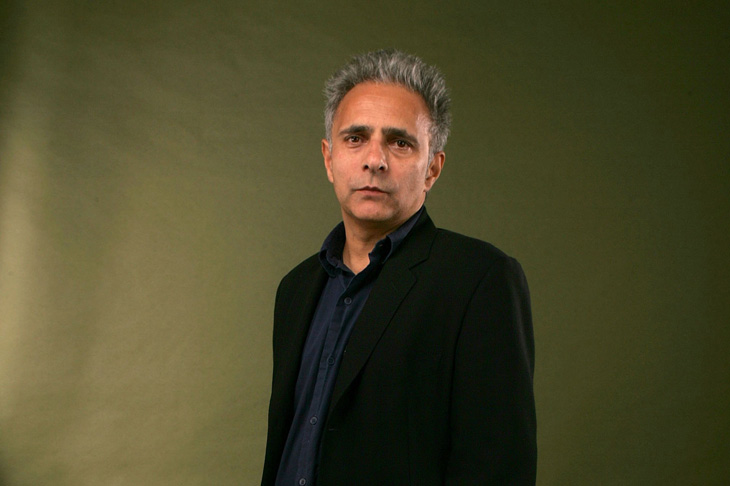
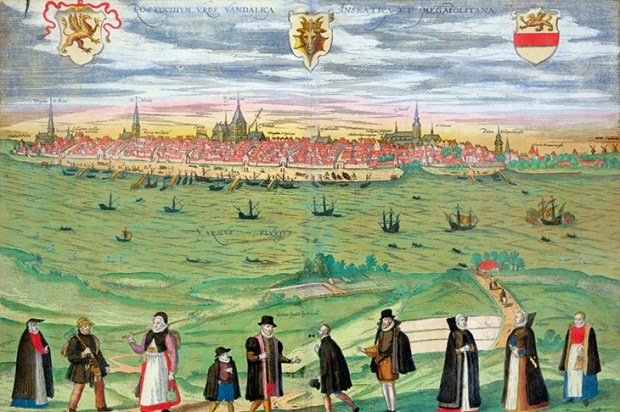


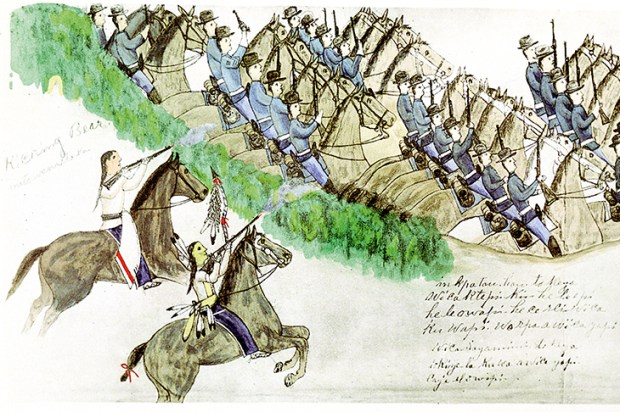
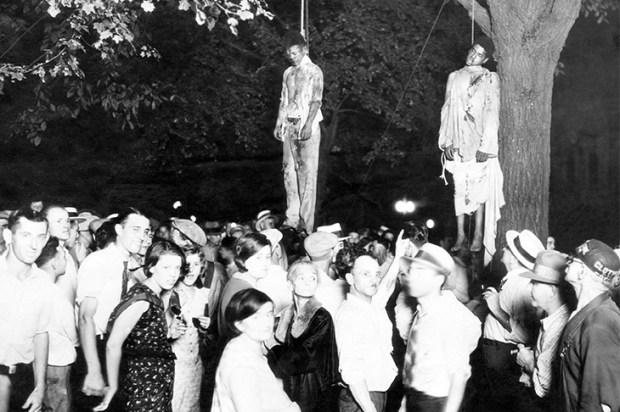
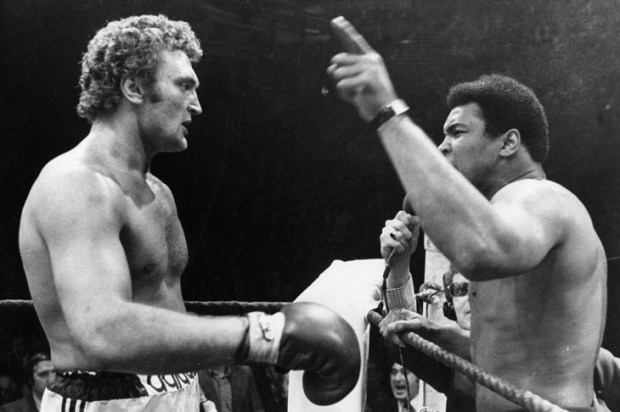






Comments
Don't miss out
Join the conversation with other Spectator Australia readers. Subscribe to leave a comment.
SUBSCRIBEAlready a subscriber? Log in